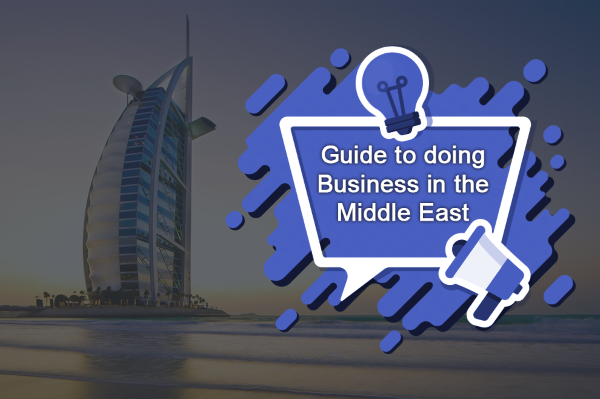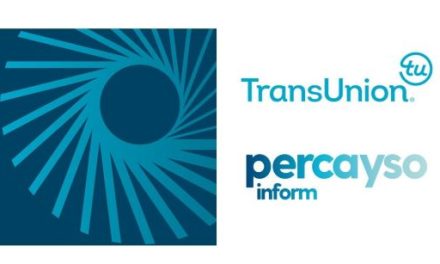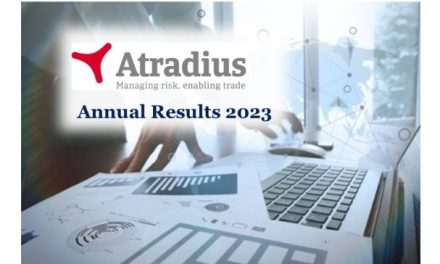BIIA Member Cedar Rose has been active in the Middle East now for over 20 years, instigating business, gathering data and setting-up one of our offices in Lebanon.
This article aims to provide an in-depth guide of how you can enact business in the same region. The Middle East is a vast region which has been, in recent years, both highly prosperous and sometimes unpredictably risky, but opportunities abound for those prepared with the right information. More and more companies each day are looking to this region for new business. However, it is not advisable to dive in without knowing how deep the water is. It is important to learn the facts, to understand the issues that can arise and to be prepared.
Let’s get down to business
It is no secret that extracting data and information from the Middle East is no easy task – there is a widespread culture of privacy. From factors such as decentralised data sources, free zone jurisdictions, language obstacles and a lack of advanced technology; there are hefty barriers that need to be worked around in order to have access to the right kind of information and statistical data to be successful in the region. Although the Middle East is a developing and dynamic hub for investments, it necessary to prepare yourself with the right knowledge that can optimise your decision-making for the better. This region has always attracted foreign business – partly due to low taxation – and relies heavily on imports because of a lack of diversity in local raw materials. So, opportunities abound, but what do you need to know to instigate business within the Middle East? Follow this step-by-step guide that may help you mitigate risks.
- Know the Country
The Middle East spans over numerous territories and nations collectively. These countries, in order of population size, traditionally include Egypt, Iran, Turkey, Iraq, Saudi Arabia, Yemen, Syria, Jordan, United Arab Emirates, Israel, Lebanon, Palestine, Oman, Kuwait, Qatar and Bahrain. In some definitions, the small island of Cyprus is also included. The political situation within the region can be volatile and there are often extreme tensions, if not wars between one or more countries, civil wars between factions or formidable tribal disagreements as well as equally strong alliances. It may be wise to have a guide with you whilst you navigate around a country, to help you get to where you need to be. Judging the region as a whole is naïve as there are vast differences between economies and infrastructure, as well as GDP from country to country. Qatar, for example, has a GDP per capita in advance of $70,000 whereas in Yemen it is less than $600, so studying the particular market of interest is wise.
- Know the Language
The Middle East is, perhaps, the most linguistically diverse region on the planet with more than 60 languages spoken, some of which include Arabic, Greek, Turkish, Hebrew and Kurdish. Therefore, instigating business may raise language barriers which would require expert translators in order to mitigate the risk of misinformation. However, language barriers shouldn’t stop you from a great potential business opportunity, so it would be wise to do your due diligence on the area you wish to enact business and find solutions to any potential language restrictions. Overall, English and/or French are widely spoken as second languages by locals within most countries of the Middle East and due to the large population of foreign nationals working and residing in the region; English has become widely accepted as the predominant business language. Arabic is widely spoken, but the dialects vary enormously from country to country so whilst the written language is the same, the spoken language may be difficult to understand, between one country and another.
- Know the Technology
Depending on where your company originates from, there is a high possibility that there will be technological differences. Although the Middle East has recently seen a technological uproar, there are many nations in the region that still lack ‘common’ technologies. Whether it is automated border control systems on entry of a country or the requirement for manual submissions (in person) of tax documentation, it is important to understand what to expect. Not all countries in the region have VoIP, fast, reliable internet or even 24 hour electricity, whilst others are leaps ahead.Limitations in technology can halt business and be a major blockade for any success; therefore, it is important to assess the situation before diving in.
- Know the Culture
Cultural differences may be a big factor in whether you land that deal, merge with that company or complete that agreement that you so desperately need. For example, understanding the difference in working weeks, it’s common for western countries to work a traditional Monday-Friday, 9am – 5pm. However, this is usually not the case for the Middle East, so it is necessary for communication and transparency to understand your client’s working culture. Many companies in the region do not work Friday or Saturday, but they do work on Sundays. Others may close for lunch from 1pm to 3pm or have different summer and winter hours. Many government departments do not open at all in the afternoons.
Additionally, religion plays a big part in this region with certain holidays or customs that different nations respect; it will be beneficial to pre-emptively know what these are so you do not get caught up in confusion. Communication is one of the biggest factors in business, having strong connections and transparency can help with business. However, customs may vary in the Middle East, from greetings to hospitality expectations, understanding this may help your business perform better in certain regions. Face-to-face visits require a lot more preparation in order to successfully navigate your business in the Middle East; moreover, visits ‘in person’ are highly appreciated throughout this region.
- Know the Corruption Landscape
Corruption exists in all countries in some form or other, but you only need to glance at the map on Transparency International’s Corruption Perceptions Index to see that the Middle East has a very high perceived level of corruption. Corrupt practices are commonplace in many countries and it is wise to use a reputable and highly recommended accountant and auditor to help keep your company on the right side of the law when conducting day to day business. So as not to tarnish your company’s reputation by trading or partnering with known or perceived offenders – and these may well be accountants, lawyers, highly successful business people or government officials – it is always wise to conduct reputational due diligence.
Regional Experts – Cedar Rose
In order to utilise what the Middle East has to offer it is smart to use a company that has experience within the region and the know-how that can generate opportunities and guide your business to success.
Cedar Rose has been in operation in the Middle East for over 20 years, established originally in the UK and now residing in Cyprus and Lebanon and can guide you to success. Whether you need company credit reports or more in-depth due diligence or reputational investigations, Cedar Rose can provide high quality data and reports that can help you instigate business. Our experience and knowledge will help you mitigate risks within the region and our “boots on the ground” approach can guide you in the right direction.
The Middle East offers a myriad of opportunities for great business, but it may require stepping out of your comfort zone to a complete new region and culture.
 Check out www.cedar-rose.com today and see how you can utilise our services for the Middle East or give us a call on +357 25 346630 to discuss your particular requirements.
Check out www.cedar-rose.com today and see how you can utilise our services for the Middle East or give us a call on +357 25 346630 to discuss your particular requirements.
Enjoy our guide? Why not have a look at the importance of company credit reports
Guest Blog Written By Jack Evangelides, Marketing Assistant at Cedar Rose


























